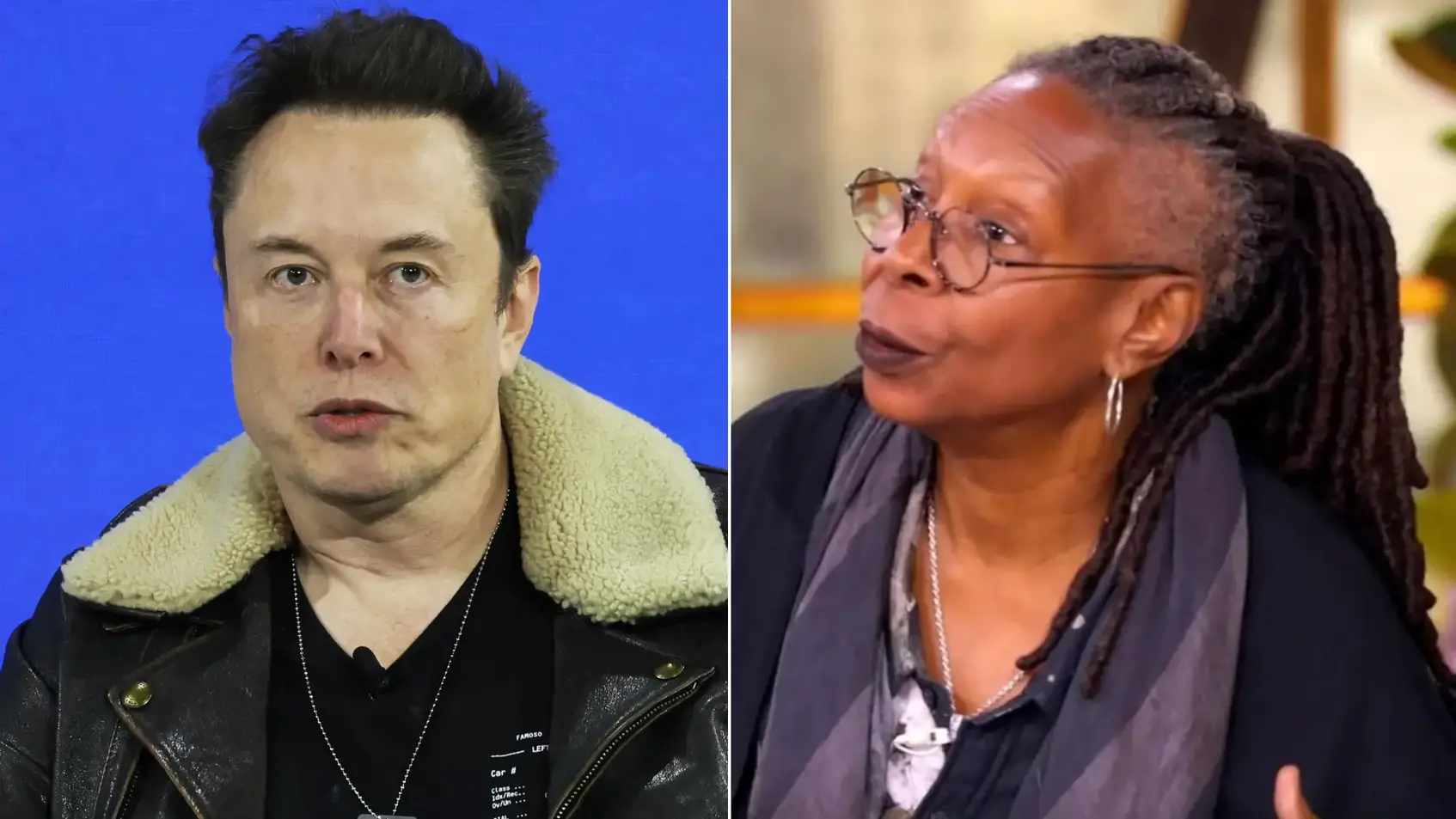

Goldberg’s remark was made in the context of discussing Musk’s expanding role and influence, particularly in relation to his growing power within the incoming administration. In her usual bold fashion, Goldberg insinuated that Musk was, in essence, the “real” vice president, given his increasing decision-making influence, claiming that he was more powerful than even the vice president. She further joked that Musk and Vance could potentially be the masterminds behind a fictional murder plot targeting Trump.
While Goldberg likely intended her comment as humor, many viewers found it distasteful, especially given the highly charged political environment. The joke, which involved a hypothetical murder scenario, quickly became a lightning rod for criticism. Critics, especially those from the conservative side, slammed Goldberg for making light of a violent situation involving public figures, particularly a sitting president.
In response to Goldberg’s comment, sources close to Elon Musk have revealed that the tech mogul is planning to take legal action against the actress. Musk, known for his outspoken nature and willingness to engage in public disputes, has reportedly instructed his legal team to prepare a lawsuit for defamation, alleging that Goldberg’s comments were harmful to his reputation and could incite further hatred or violence. The lawsuit is likely to focus on the suggestion that Musk, alongside Vance, could be implicated in a violent plot, which Musk’s team deems as both irresponsible and damaging.
Musk’s decision to take legal action is a serious one, and it highlights how political discourse in the U.S. has become increasingly heated. For Musk, who has long been a controversial figure due to his outspoken views and association with various political figures, this legal move may be a way to draw a line in the sand over what he considers to be unacceptable behavior, especially when it comes to jokes about violence. Though Musk is no stranger to public disputes, this case may have broader implications for the way such comments are treated in the future, particularly when they involve public figures or sensitive topics like violence.
The lawsuit is expected to claim that Goldberg’s remark was defamatory, as it falsely suggested that Musk, alongside Vance, was involved in a plot to harm the president. Musk’s legal team is also likely to argue that the comment, even made in jest, could lead to real-world consequences by fostering a climate of animosity toward Musk. The incident comes at a time of heightened political polarization, and even casual remarks or jokes can be interpreted as harmful or inciting violence in such an environment.
Goldberg, who is no stranger to controversy, has yet to publicly address the outrage over her comment. As a host on *The View*, she is known for making bold, sometimes divisive, statements, but this remark may have crossed a line for many of her viewers. While many see humor as a way to relieve political tension, others believe that jokes involving violence—especially against public figures—should be handled with greater care. Goldberg’s joke about Musk and Vance being involved in a murder plot seems to have struck a particularly sensitive chord, given the political climate and the weight that such comments carry.
The potential lawsuit against Goldberg also underscores the larger issue of how humor and political discourse intersect in today’s media environment. Musk, as one of the most influential and wealthiest figures in the world, has a significant public platform, and any joke about his involvement in violent plots can have damaging repercussions. Similarly, public figures like Goldberg, who wield considerable influence as well, need to be mindful of how their words can be perceived and the impact they can have.
The growing tensions between public figures like Musk and Goldberg highlight the broader cultural divide in the U.S., where political differences often spill over into the realm of entertainment and media. In a society where every comment is scrutinized, particularly by those with significant followings, the boundaries of free speech and responsibility become increasingly blurred.
Goldberg’s comment and Musk’s decision to pursue legal action also raise questions about the limits of satire and political humor. Is it acceptable for public figures to joke about violence or assassination in a political context? Or do such comments risk normalizing dangerous rhetoric and inciting real-world consequences? These are the kinds of questions that the lawsuit could bring to the forefront, especially as the case progresses and garners more public attention.
While Goldberg has yet to apologize or offer a public statement, the fallout from her comment is already significant. The potential legal battle could bring even more attention to the intersection of politics and entertainment, where comments about violence—whether made in jest or not—are treated with increasing seriousness. For Musk, this lawsuit may be a way to send a message about the responsibility that comes with wielding public influence, while also addressing the harm he believes was caused by Goldberg’s joke.
As the controversy continues to unfold, it serves as a reminder of how charged the current political atmosphere is. Remarks that would have once been dismissed as harmless jokes are now viewed through a more critical lens, with public figures facing legal and social consequences for crossing lines of decorum. For now, Musk’s potential lawsuit against Goldberg stands as a significant example of how the boundaries of public discourse are being tested, particularly when it comes to humor that touches on sensitive political topics.
NOTE: This is SATIRE, it’s Not TRUE


naradaninandkevin1111@gmail.com